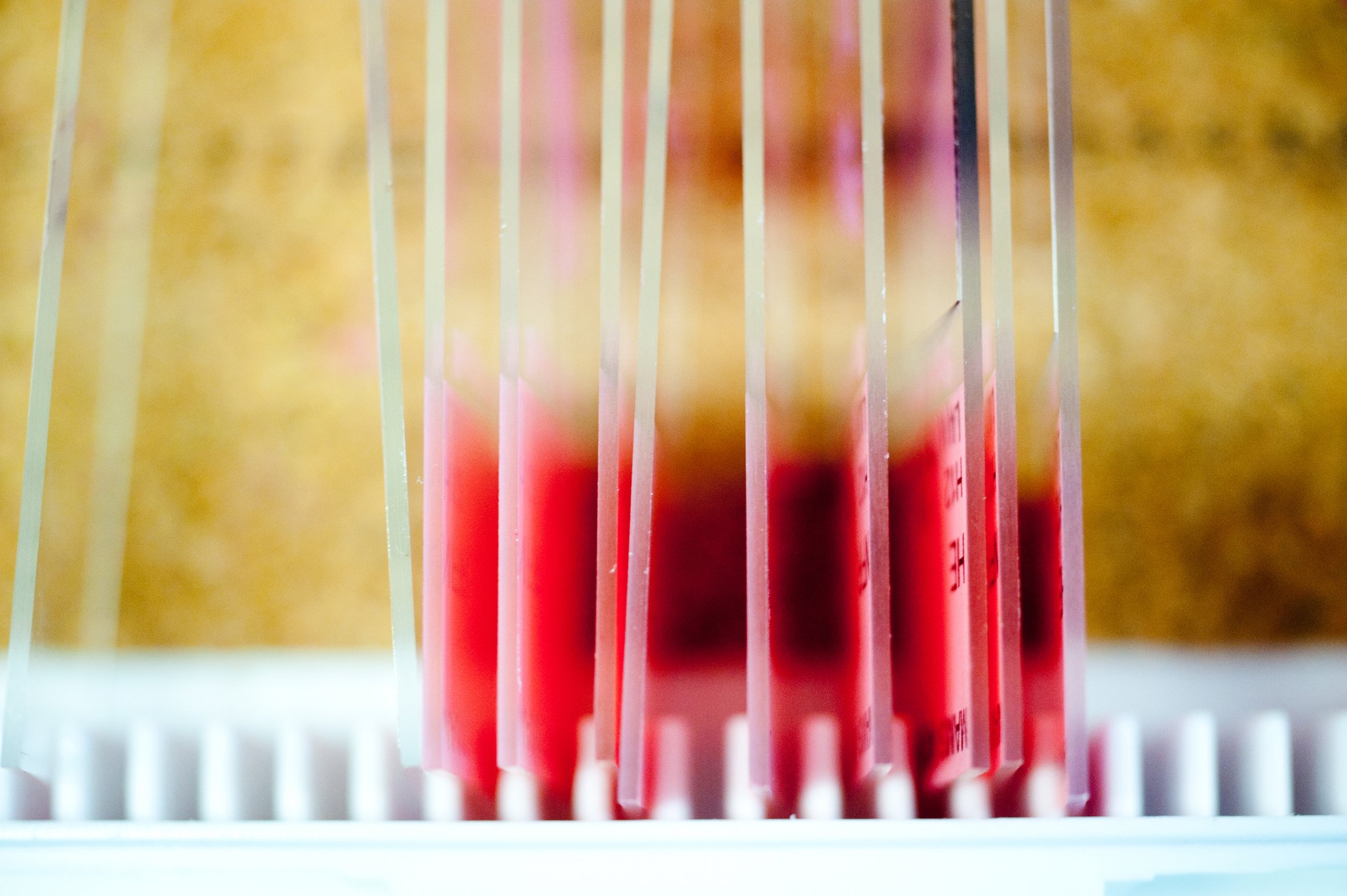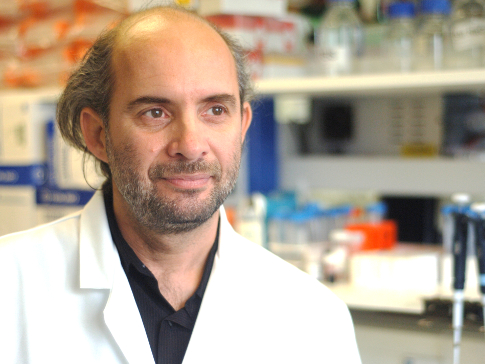News and features
Read the latest news and features about our world-leading research, discoveries, fundraising and philanthropy. If you want to keep updated on our news, you can follow us on social media or sign up for our Search newsletter.
If you’re a journalist and want to find out more, you can contact our media relations team.

ICR commits to openness on animal research
The Concordat on Openness on Animal Research will ensure members of the public have access to accurate information about when, how and why animals are used in research.

Smokers with gene defect have one in four chance of developing lung cancer
Around a quarter of smokers who carry a defect in the BRCA2 gene will develop lung cancer at some point in their lifetime, a large-scale, international study reveals.

Exposure to light while sleeping linked to obesity
New research co-funded by Breakthrough Breast Cancer has found that women who are exposed to greater levels of light while sleeping tend more often to be obese.

50th ASCO conference welcomes presenters from the ICR
Researchers from the ICR will be presenting their findings at the 2014 American Society of Clinical Oncology Annual Meeting, which opens today in Chicago.

Professor Paul Workman appointed Interim Chief Executive of The Institute of Cancer Research
Professor Workman will take over responsibility for driving forward our world-class programme of research and education from 1 July.

Statement in response to NICE draft guidance rejecting the use of abiraterone for prostate cancer before chemotherapy
Professor Paul Workman expresses disappointment as NHS is advised against using ICR-developed drug earlier in the treatment of prostate cancer on grounds of cost.

The story of abiraterone
Abiraterone is one of the ICR’s biggest success stories: the first treatment shown to be effective in men with advanced prostate cancer. But it took almost 20-years of hard work to take the drug from an initial idea to the clinic, where it now transforms the lives of more than 25,000 patients every year.

Statement in response to NICE final draft guidance recommending enzalutamide for prostate cancer
The Institute of Cancer Research welcomes NICE draft guidance recommending patients with advanced prostate cancer who have had chemotherapy receive the life-extending drug on the NHS.

ICR supports petition on Royal Brompton redevelopment plans
Chelsea plans could threaten ICR operations, while loss of site to residential development would dash hopes for once-in-a-lifetime opportunity to strengthen ties with The Royal Marsden hospital.

Scientists find new exploitable weakness in cancer cells
Scientists have discovered a new way to target cancer cells and prevent them from dividing properly, causing them to die.

'Dustman' protein helps bin cancer cells
New findings suggest a test could identify patients who would be most responsive to a new class of cancer drugs and also those who might develop resistance.
485x364.jpg?sfvrsn=38a9d0b9_2)
First genetic link discovered to difficult-to-diagnose breast cancer sub-type
Scientists have identified the first genetic variant specifically associated with the risk of invasive lobular carcinoma, a difficult-to-diagnose cancer sub-type accounting for around 10-15% of all breast cancer cases.
